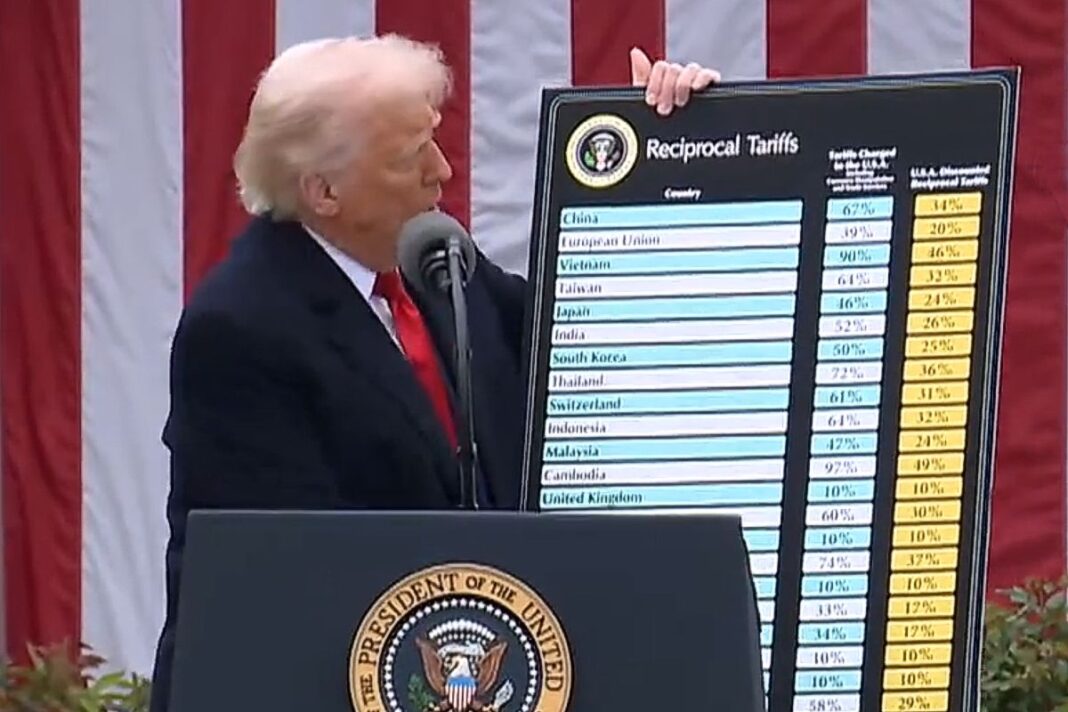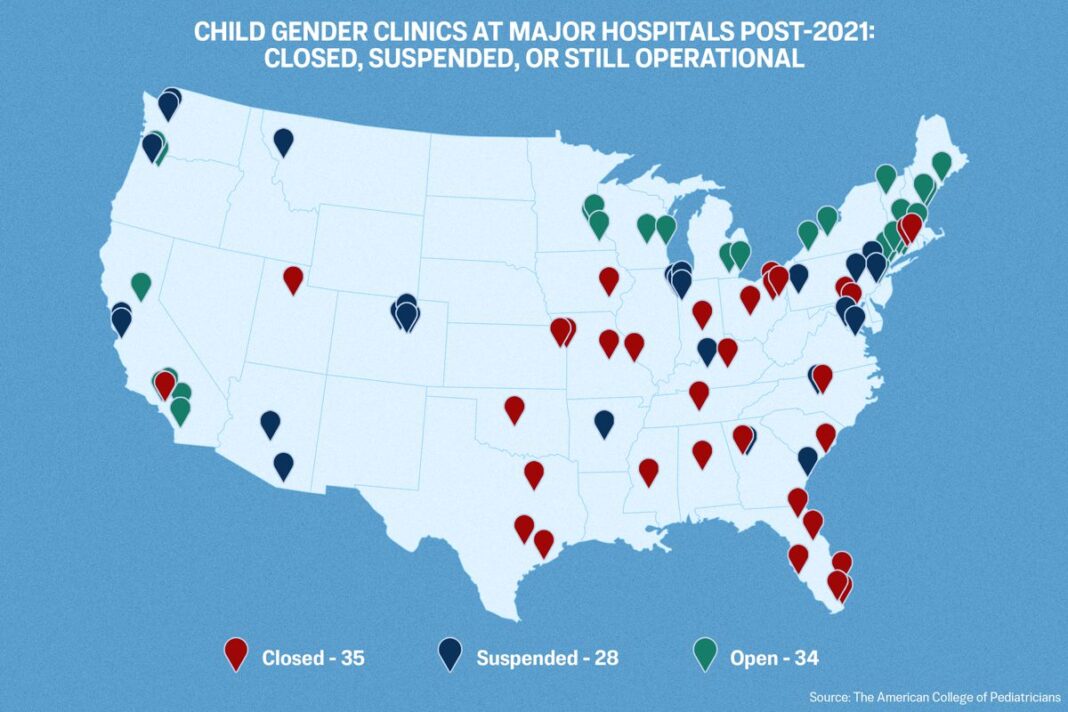The president said other countries’ digital taxes and regulations were ‘all designed to harm, or discriminate against, American Technology.’
President Donald Trump on Aug. 25 threatened to restrict the export of U.S. advanced technologies like chips and impose additional tariffs on countries that refuse to eliminate digital regulations discriminating against U.S. tech companies.
In a Truth Social post, Trump opposed other nation’s digital taxes and regulations imposed on American companies that he said were intended “to harm, or discriminate against, American Technology.”
“They also, outrageously, give a complete pass to China’s largest Tech Companies. This must end, and end NOW,” Trump said of the lopsided treatment of the United States.
Trump warned that his administration would impose “substantial additional tariffs” on imports from those countries and restrict U.S. protected technology and chip exports, unless they withdraw their “discriminatory” digital taxes and regulations.
“America, and American Technology Companies, are neither the ‘piggy bank’ nor the ‘doormat’ of the World any longer,” Trump said. “Show respect to America and our amazing Tech Companies or, consider the consequences.”
The president did not specify what the tariff rates might be.
Many countries, particularly in Europe, have levied taxes on the sales revenue of digital service providers, including Alphabet’s Google, Meta’s Facebook, Apple, and Amazon. The issue has been a longstanding trade irritant for multiple U.S. administrations.
The United States and the European Union issued a joint statement on Aug. 21 outlining a framework for a “reciprocal, fair and balanced trade” agreement as part of efforts to resolve their trade imbalances.
In the statement, both sides pledged to address “unjustified digital trade barriers” and agreed not to levy customs duties on electronic transmissions. The EU also agreed not to adopt network usage fees.
Washington and the 27-member bloc also pledged to “continue to support the multilateral moratorium on customs duties on electronic transmissions at the World Trade Organization and seek the adoption of a permanent multilateral commitment,” according to the statement.








